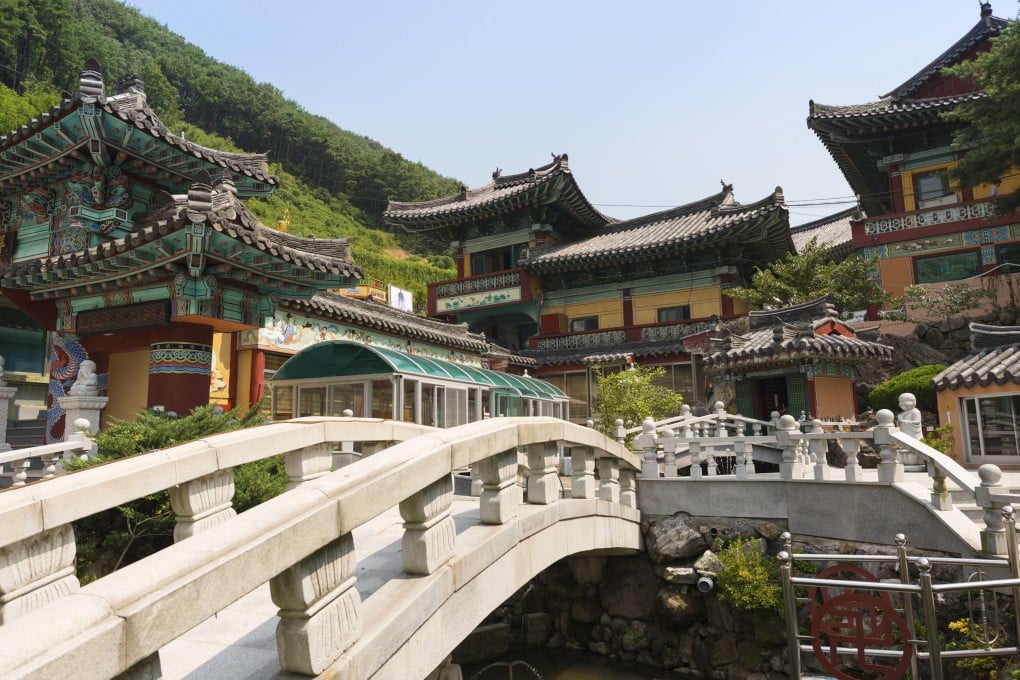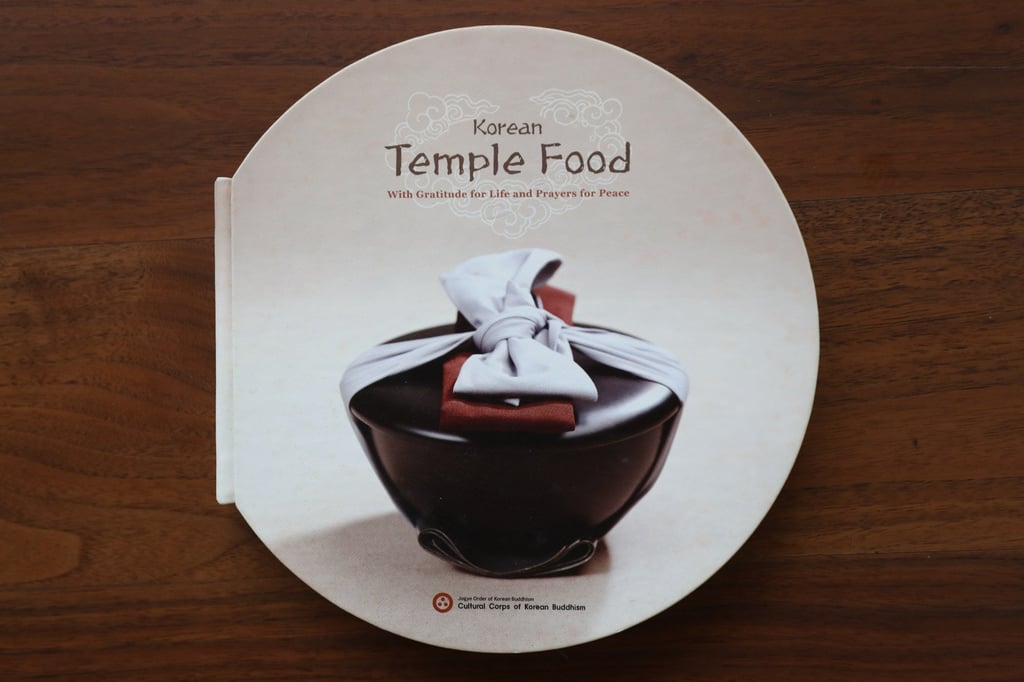Korean temple food and the Buddhist ethos at home: how vegetarian foodies can bring mindfulness to their lives through the kitchen
- In Korean Temple Food – With Gratitude for Life and Prayers for Peace, the writers tell us a vegan diet is ‘an important means of practice’ for Buddhists
- This vegan cuisine ‘has developed distinctive flavours through creative combinations of ingredients, unique food preservation techniques and original recipes’

Many cultures were preaching the importance of sustainability and a plant-based diet long before it became common knowledge that these practices are essential for the good of the planet.
Because they had such a long time to develop their primarily plant-based cuisines, they got good at it – think of all those delicious meat- and seafood-free dishes you can find at Indian vegetarian restaurants, or how you can eat in many Middle Eastern countries without a scrap of animal protein passing your lips, and still have a great meal.
In Korean Temple Food – With Gratitude for Life and Prayers for Peace (2013), the Jogye Order of Korean Buddhism’s Cultural Corps of Korean Buddhism writers tell us, “Temple food has always been an important means of practice for Korean Buddhist monks and nuns.

“In its literal sense, it just means the food consumed at Buddhist temples but a cuisine always carries in it the spirit of the cultural heritage that gave birth to it. Temple food wholly embodies the sacred depth of spirit that Korean Buddhism has cultivated for over seventeen hundred years.
